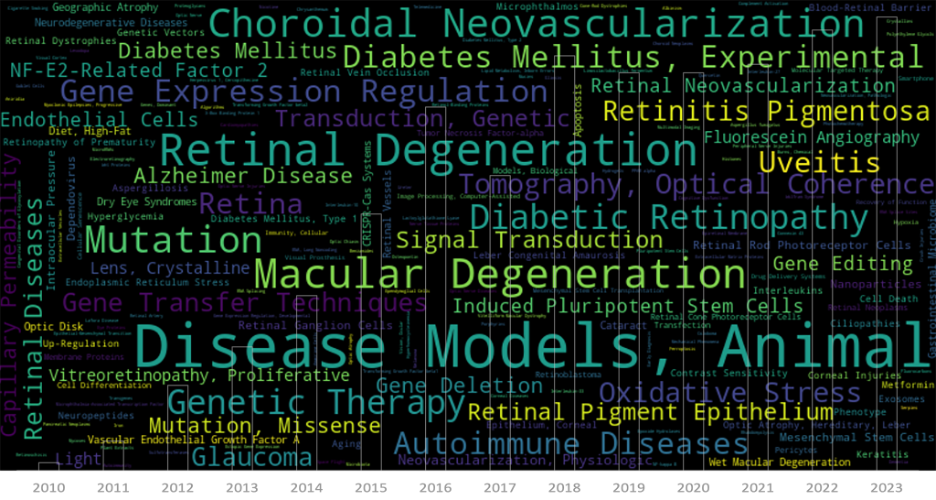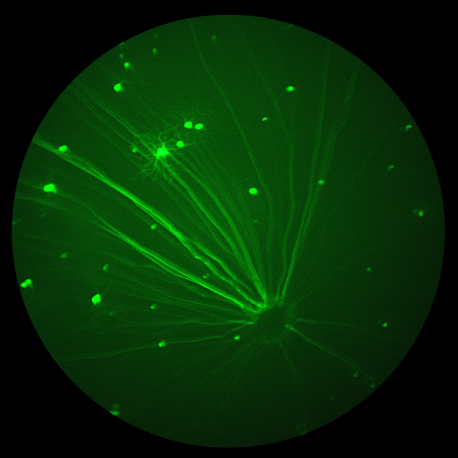The ability to see the world around us is a gift that’s easy to take for granted, until it’s threatened by the onset of a devastating eye disease. For those facing the reality of vision loss, ophthalmic research represents a beacon of hope, offering the promise of new treatments and therapies to preserve or restore […]
28.02
2022
Analysis of imaging, structure and function using Phoenix MICRON™ modalities expand the understanding of ocular features of Down Syndrome in mouse models
In their paper “Quantitative Analysis of Retinal Structure and Function in Two Chromosomally Altered Mouse Models of Down Syndrome”, researchers Victorino, Scott-McKean, et al leveraged the multi-modality capabilities of the Phoenix MICRON™ retinal imaging platform, to produce an image-rich research paper looking at the ocular features of Down Syndrome in two mouse models; Ts65Dn and […]
29.11
2021
Phoenix MICRON Spins out of Phoenix Technology Group to Better Serve Eye and Eye-Brain Researchers Globally
Bend, OR, USA, November 29, 2021 — The newly formed company, Phoenix-Micron, Inc., announced today it has completed the spin-out of the Phoenix MICRON® imaging platform from Phoenix Technology Group. This move is designed to increase focus and innovation in products designed to serve the eye and eye-brain research community. The new company, Phoenix-Micron, Inc. […]
19.10
2021
Cataracts caused by lens protein knockout imaged using the Phoenix MICRON® IV Slit Lamp
In their article, “CRYβA3/A1-Crystallin Knockout Develops Nuclear Cataract and Causes Impaired Lysosomal Cargo Clearance and Calpain Activation,” Hegde et al use the Phoenix MICRON® IV Slit Lamp to examine the effect of knocking out a lens structural protein. α, β and γ crystallins are lens structural proteins that are needed for transparency and refractive power […]





